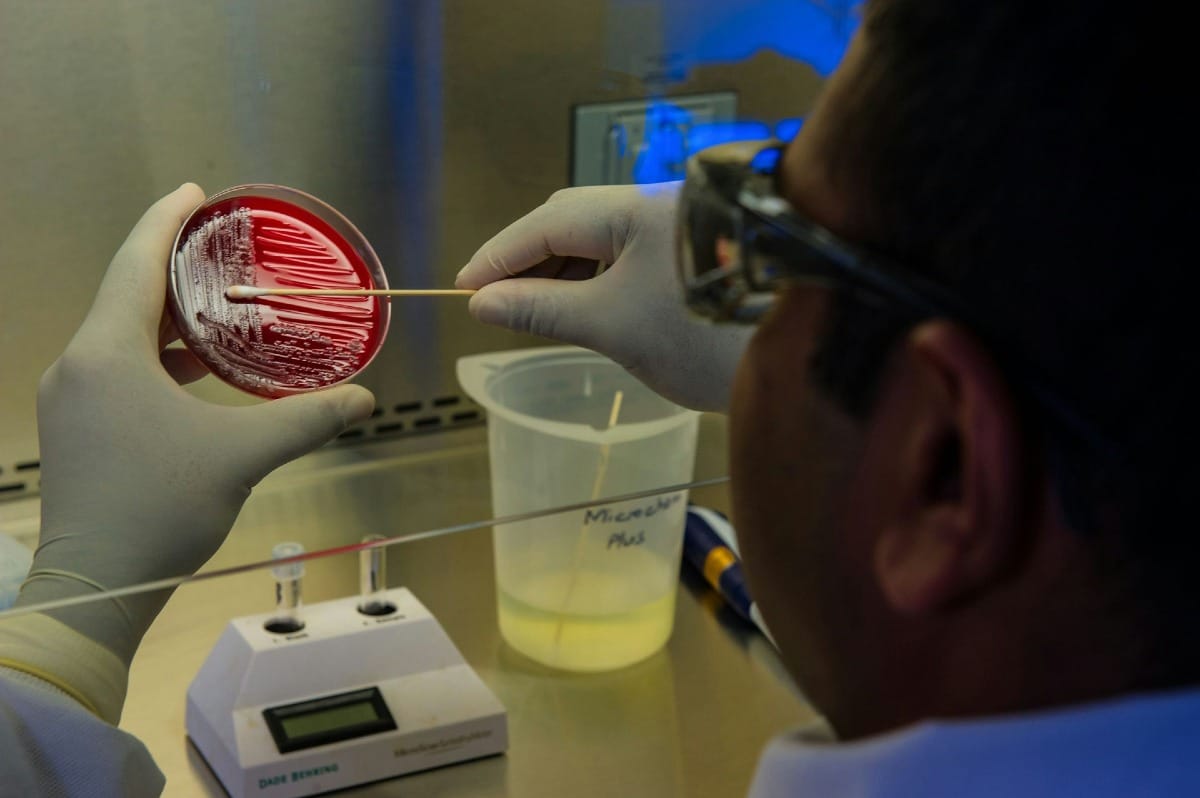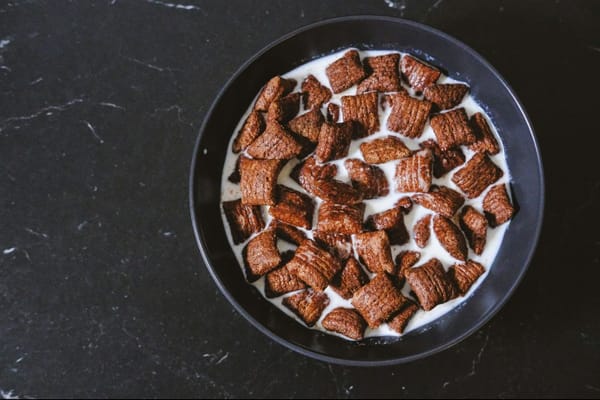Probiotics have long been recognized as essential allies in maintaining gut health and overall well-being. However, recent research has unveiled a groundbreaking discovery that promises to revolutionize our understanding of these beneficial microorganisms. Folate-producing bacteria, a subset of probiotics, are emerging as powerful contributors to our health, offering a wide range of benefits that extend far beyond digestive support.
The Rise of Super Probiotics
Probiotics have been a staple in health-conscious diets for years, known for their ability to support digestive health and boost the immune system. However, the identification of folate-producing bacteria as a subset of these beneficial microorganisms has opened up new avenues for enhancing our health from within.
What Sets Folate-Producing Bacteria Apart?
Folate, also known as vitamin B9, is a crucial nutrient that plays a vital role in numerous bodily functions. While we typically obtain folate from dietary sources or supplements, certain probiotic strains have the unique ability to produce this essential vitamin within our gut. This internal production of folate offers several advantages:
- Improved bioavailability: Folate produced by gut bacteria is readily absorbed by the body, potentially offering better utilization compared to dietary sources.
- Continuous supply: These bacteria can provide a steady stream of folate, ensuring consistent levels throughout the day.
- Synergistic effects: The combination of probiotic benefits and folate production creates a powerful synergy for overall health.
The Health Benefits of Folate-Producing Probiotics
The incorporation of folate-producing bacteria into probiotic formulations has the potential to significantly enhance their health-promoting effects. Let's explore the wide-ranging benefits these super probiotics offer:
1. Enhanced Digestive Health
While traditional probiotics are known for their digestive benefits, folate-producing strains take this support to the next level. Folate plays a crucial role in the synthesis of DNA and cell division, processes that are particularly important in the rapidly regenerating cells of the gut lining. By promoting healthy cell turnover and repair, these probiotics can help maintain the integrity of the intestinal barrier, potentially reducing the risk of digestive issues and improving nutrient absorption.
2. Boosted Immune Function
The immune system relies heavily on proper cell division and DNA synthesis, processes in which folate plays a critical role. By providing a readily available source of this vital nutrient, folate-producing probiotics can help support immune function from within the gut, where a significant portion of our immune system resides. This may lead to improved resistance against pathogens and a more balanced immune response overall.
3. Cardiovascular Health Support
Folate is well-known for its role in reducing homocysteine levels in the blood. High homocysteine levels have been associated with an increased risk of cardiovascular disease. By providing a consistent source of folate, these probiotics may help maintain healthy homocysteine levels, potentially contributing to better heart health and reduced risk of cardiovascular issues.
4. Cognitive Function and Mental Health
Emerging research suggests a strong connection between gut health and cognitive function, often referred to as the gut-brain axis. Folate plays a crucial role in neurotransmitter synthesis and brain health. By producing folate within the gut, these probiotics may contribute to improved cognitive function, mood regulation, and potentially even reduce the risk of neurodegenerative disorders.
5. Pregnancy and Fetal Development
Folate is particularly crucial during pregnancy, as it plays a vital role in fetal development, especially in the formation of the neural tube. While prenatal vitamins are still essential, folate-producing probiotics could offer an additional layer of support, ensuring a consistent supply of this critical nutrient throughout pregnancy.
The Science Behind Folate-Producing Probiotics
Understanding the mechanisms by which these specialized probiotics produce folate is key to appreciating their potential impact on health. The process involves complex biochemical pathways within the bacterial cells:
1. Biosynthesis Pathways
Folate-producing bacteria utilize specific enzymatic pathways to synthesize this vital nutrient. The process typically involves the conversion of precursor molecules through a series of chemical reactions, ultimately resulting in the production of biologically active folate forms.
2. Genetic Factors
The ability to produce folate is determined by specific genes within the bacterial genome. Research has identified several key genes involved in folate biosynthesis, and scientists are working to better understand how these genes are regulated and expressed.
3. Environmental Influences
The gut environment plays a crucial role in the activity of folate-producing bacteria. Factors such as pH, nutrient availability, and the presence of other microorganisms can all influence the efficiency of folate production.
Incorporating Folate-Producing Probiotics into Your Health Regimen
As awareness of the benefits of folate-producing probiotics grows, many people are eager to incorporate them into their health routines. Here are some strategies for maximizing the potential of these super probiotics:
1. Choosing the Right Probiotic Supplement
When selecting a probiotic supplement, look for products that specifically mention folate-producing strains. Some common folate-producing bacteria include certain strains of Lactobacillus and Bifidobacterium. Always consult with a healthcare professional before starting any new supplement regimen.
2. Dietary Support
While folate-producing probiotics can provide an internal source of this nutrient, it's still important to maintain a diet rich in folate. Foods such as leafy greens, legumes, and fortified grains can complement the action of these probiotics and support overall health.
3. Prebiotic Synergy
Prebiotics, which are non-digestible fibers that feed beneficial gut bacteria, can enhance the effectiveness of probiotics. Consider incorporating prebiotic-rich foods like garlic, onions, and bananas into your diet to support the growth and activity of folate-producing bacteria.
4. Consistency is Key
To reap the full benefits of folate-producing probiotics, consistency is crucial. Regular consumption, whether through supplements or probiotic-rich foods, can help maintain a stable population of these beneficial bacteria in your gut.
The Future of Folate-Producing Probiotics
As research in this field continues to advance, we can expect to see even more exciting developments in the world of folate-producing probiotics:
1. Personalized Probiotic Formulations
With growing understanding of individual microbiome variations, future probiotic supplements may be tailored to an individual's specific needs, potentially including customized blends of folate-producing strains.
2. Enhanced Delivery Methods
Researchers are exploring new ways to ensure that probiotic bacteria, including folate-producing strains, can survive the harsh conditions of the digestive tract and colonize the gut effectively. This may include advanced encapsulation techniques or genetically modified strains with improved resilience.
3. Expanded Applications
As we learn more about the wide-ranging effects of folate-producing probiotics, their potential applications in various health conditions may expand. This could lead to new therapeutic approaches for conditions ranging from inflammatory bowel diseases to neurological disorders.
Conclusion: A New Frontier in Probiotic Science
The discovery of folate-producing bacteria represents a significant leap forward in our understanding of probiotics and their potential impact on human health. By combining the traditional benefits of probiotics with the added advantage of internal folate production, these super probiotics offer a multifaceted approach to supporting overall well-being.
As research in this field continues to evolve, we can expect to see even more innovative applications and formulations that harness the power of these remarkable microorganisms. For those looking to optimize their health from within, folate-producing probiotics represent an exciting new frontier in nutritional science, promising to unlock new levels of vitality and wellness.
Remember, while the potential of folate-producing probiotics is immense, they should be viewed as part of a holistic approach to health that includes a balanced diet, regular exercise, and overall healthy lifestyle choices. As always, consult with healthcare professionals before making significant changes to your health regimen, especially if you have pre-existing conditions or are pregnant.
By staying informed about these cutting-edge developments in probiotic science, we can make more empowered decisions about our health and potentially tap into a powerful new tool for boosting our well-being from the inside out.
Citations:
[1] Bifidobacteria: The Probiotic Powerhouses That Churn Out Folate (journee-mondiale.com)














Member discussion